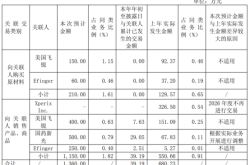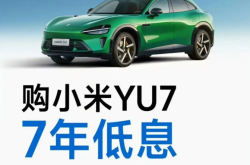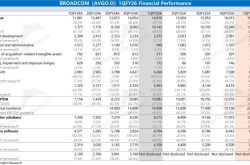"Arrogant" Mercedes-Benz takes a heavy blow from the Chinese market!
![]() 10/31 2024
10/31 2024
![]() 445
445
Omni-media matrix distribution Full industry chain of automotive digital products
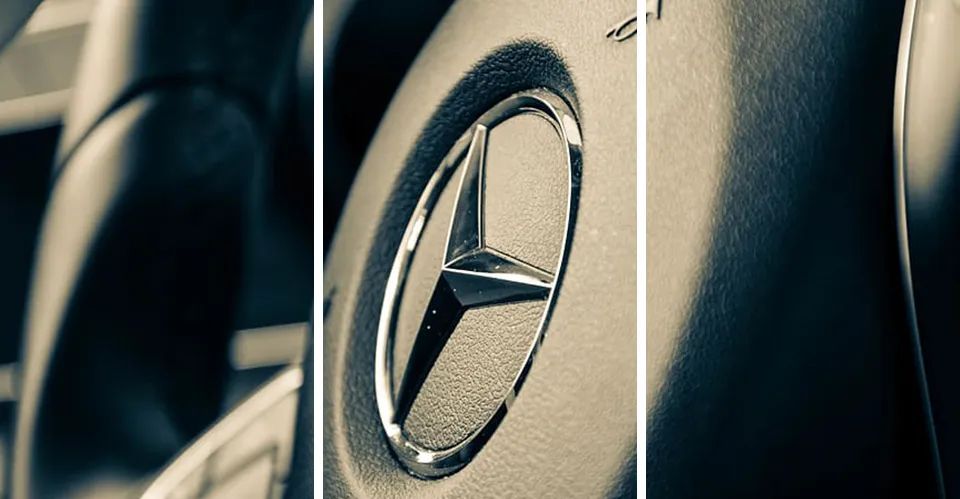
From the rights protection incident involving a Maybach car with a leaky roof to the passive recall of 520,000 Mercedes-Benz vehicles, Mercedes-Benz's credibility in the Chinese market has hit rock bottom this year.
Written by Li Yue
Produced by Jieche Technology
Mercedes-Benz, which once tasted the sweetness of the Chinese market, now knows the taste of "pain".
Mercedes-Benz Group's third-quarter financial report for 2024 showed that sales for the quarter were 34.53 billion euros, a year-on-year decrease of 6.7%; earnings before interest and taxes (EBIT) were 2.52 billion euros, a year-on-year decrease of 48%; and net profit was 1.72 billion euros, a year-on-year decrease of 54%. In the Chinese market, Mercedes-Benz's revenue fell 16.6% to 5.09 billion euros in the third quarter, becoming a key factor dragging down Mercedes-Benz's overall performance.
Facing declining performance, Mercedes-Benz has downgraded its full-year profit margin target twice this year. After the downgrade, Mercedes-Benz expects the sales return on investment (ROI) for its automotive business to be between 7.5% and 8.5% for the full year, down from the previously forecasted range of 10% to 11%.
From the rights protection incident involving a Maybach car with a leaky roof to the passive recall of 520,000 Mercedes-Benz vehicles, Mercedes-Benz's credibility in the Chinese market has hit rock bottom this year. Even the announcement of a significant investment plan for the Chinese market is nothing more than a superficial solution that fails to address the root cause of the problem.
1
14 billion fails to restore confidence in the Chinese market
Data shows that by the end of the third quarter of 2024, Mercedes-Benz had delivered a cumulative total of 1.7632 million new vehicles, a year-on-year decrease of 5%. Among them, the performance in the Chinese market was particularly poor, with a year-on-year decline of 10% to 512,200 vehicles. In the third quarter alone, Mercedes-Benz sold 170,700 vehicles in China, a year-on-year decrease of 13%. Over the same period, the German market declined by 7% year-on-year, while the US market grew by 33% year-on-year.
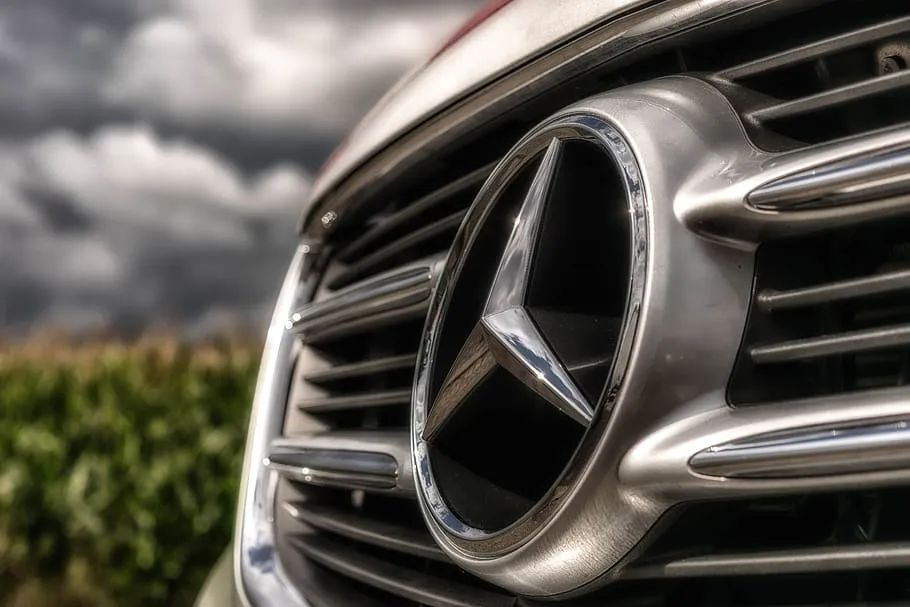
Ola Källenius, Chairman of the Board of Management of Daimler AG and Mercedes-Benz AG, emphasized at the Berlin Global Dialogue Forum in early October that restoring consumer confidence in China was one of Mercedes-Benz's most pressing tasks.
He believes that Asian consumers, who are the main purchasing force for luxury cars, have become more cautious when choosing high-end products such as luxury cars, which has had a significant impact on Mercedes-Benz's high-margin S-Class models sold in China. "We must continue to invest and innovate to ensure a strong foothold in the fiercely competitive market," Källenius said, who has visited China four times this year and announced an additional investment of 14 billion yuan in China.
The announcement revealed that of the 14 billion yuan, 10 billion yuan will be invested in the passenger car business, while 4 billion yuan will be invested in the light commercial vehicle business, which will be used to promote the production of two new platforms and several China-exclusive models.
China-exclusive models, also known as "China-only models" within the industry, have always been the subject of mixed reviews. Some believe that "there's nothing wrong with exclusivity; localized research and development is more in line with the usage habits of local consumers," while others argue that "they are just tools for luxury brands to cash in, with reduced configurations and quality compared to the prototype vehicles, yet sold at higher prices."
As everyone knows, the Mercedes-Benz G350 is a true China-only model. It replaces the original 4.0T V8 engine of the Mercedes-Benz G-Class with a 2.0-liter four-cylinder turbocharged engine code-named M264. However, despite the reduced power, the final price remains around 1.5 million yuan. The cost advantages and consumption tax benefits arising from the engine change are not reflected in the guidance price.
But it's not just the China-only models that have drawn criticism from consumers. Factors such as "selling cars at a premium," "selling a 1.3T engine for 300,000 yuan," "lacking a reverse camera in a 500,000-yuan car," and "charging for unlocking rear-wheel steering services" have combined to significantly undermine consumer confidence in the Mercedes-Benz brand. And in September, an announcement on the official website of the State Administration for Market Regulation once again pushed Mercedes-Benz into the spotlight.
The announcement revealed that Mercedes-Benz was recalling 523,100 vehicles at once, the largest number of vehicles recalled in the Chinese market since 2024. Some of the vehicles within the scope of this recall have insufficient moisture resistance in the housing material of the wheel speed sensor. When the vehicles are used for a long time in hot and humid environments, the wheel speed sensor may malfunction. This malfunction will disable some functions of the electronic stability program (such as ESP and ABS), posing a safety hazard.
It is worth noting that this recall was initiated after the State Administration for Market Regulation launched a defect investigation.
At the same time, the rights protection incident involving a leaky Maybach new car also made headlines. According to Consumerbao data, poor service attitude and false advertising have become the most complained about issues among Mercedes-Benz owners, with a complaint resolution rate of only 9.40% for Mercedes-Benz and 13.08% for Beijing Benz.
2
The EQ series: Mercedes-Benz's electric game-changer
"Mercedes-Benz's attempt to deceive Chinese consumers is largely due to its misjudgment of the Chinese market. In the context of a maturing luxury car market in China and increasingly diverse consumer demand, Mercedes-Benz has been somewhat conservative and lagging behind in terms of product line layout and technological innovation. Especially in the field of new energy, Mercedes-Benz is no longer a top contender," said Wang Zhiwei, a senior automotive industry journalist.
Data shows that from January to September this year, sales of Mercedes-Benz electric vehicles fell by 22.1% to just 148,500 units; among them, sales in the third quarter were 46,900 units, down 31% year-on-year and 8% quarter-on-quarter. In the Chinese market, there has been no official disclosure of Mercedes-Benz's electric vehicle sales figures, but according to Tongchedi's statistics, Mercedes-Benz sold only 6,300 pure electric vehicles in China in the first quarter.

At the Paris Motor Show in September 2016, Mercedes-Benz unveiled its new electric brand, "EQ." However, the first pure electric model, the EQC, got off to a rocky start. Based on the Mercedes-Benz GLC, it encountered widespread rights protection incidents in the Chinese market due to "motor defects and frequent malfunctions," with some EQC owners reporting that more than 100 of the 300-plus members of their car club had experienced motor failures. The subsequent EQA and EQB models were also essentially "oil-to-electric" conversions.
It was not until the localization of the Mercedes-Benz EQE that Chinese consumers saw some sincerity from Mercedes-Benz in its electric vehicle efforts. As Mercedes-Benz's first pure electric sedan produced in China based on the EVA platform, the EQE boasts a maximum pure electric range of 752km and a 0-100km/h acceleration time of 6.7 seconds, but its lack of an outstanding intelligent driving system ultimately doomed it to obscurity.
It is rumored that the current monthly sales of the Mercedes-Benz EQE are in the single digits, with market prices already discounted by up to 40%. Meanwhile, the discontinued Mercedes-Benz EQC has seen its inventory prices plunge from 620,000 yuan to just over 200,000 yuan, earning Mercedes-Benz the nickname of "price slasher" among netizens.
In its third-quarter financial report, Mercedes-Benz mentioned that increased subsidies to Chinese dealers were one of the reasons for its reduced profits, but did not specify the exact amount. Mercedes-Benz management stated at the earnings call that subsidies would decrease in 2025 and beyond, and that dealers would need to enhance their own sustainability. In other words, Mercedes-Benz is no longer willing to subsidize dealers.
Failure to reduce prices cannot stimulate sales, and sluggish sales will lead to financial risks arising from high inventory levels, which may even result in factory shutdowns due to underutilized capacity. However, continuous price reductions will irreversibly damage vehicle resale values and brand equity.
Daniel Langer, one of the global opinion leaders in luxury goods, pointed out that shifting focus to low-priced goods or increasing the frequency of promotions is essentially self-destructive. Price cuts and frequent promotions are among the fastest ways to erode brand equity. Discounts in the high-end and luxury industries are a growth trap that may stimulate sales in the short term but severely weaken trust in the brand.
Who has abandoned whom: Mercedes-Benz or Chinese consumers? Both phenomena have always existed, but they have been magnified amid the impact of the broader environment.

